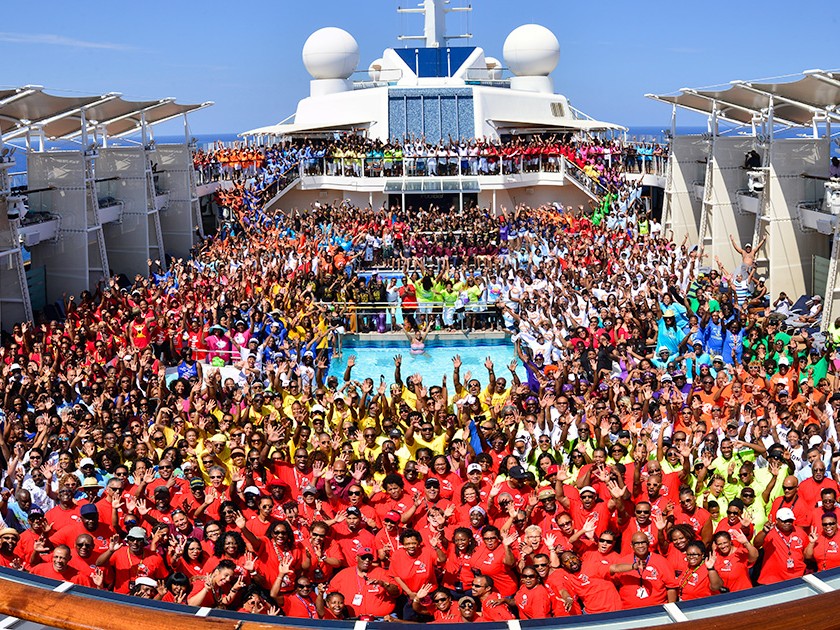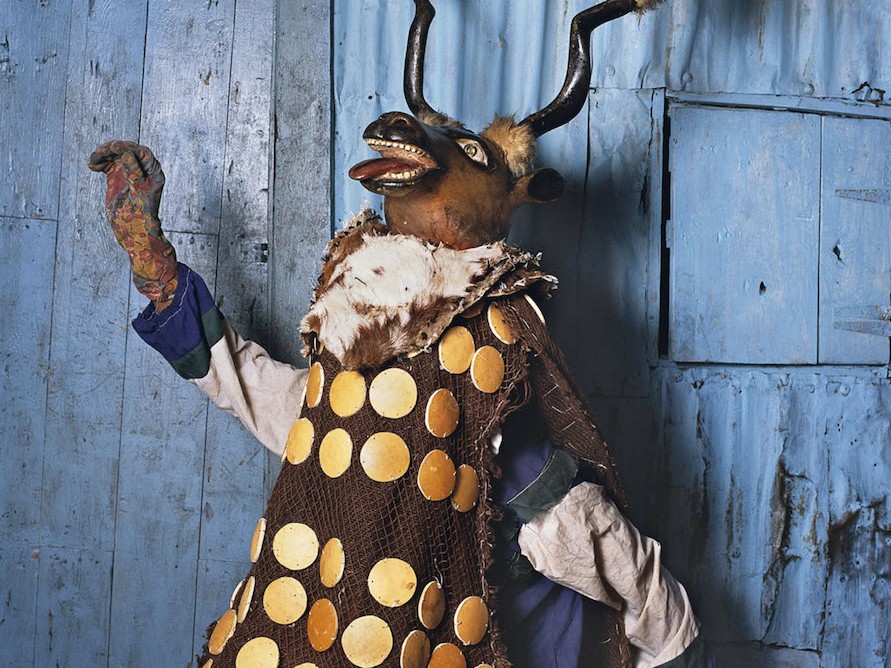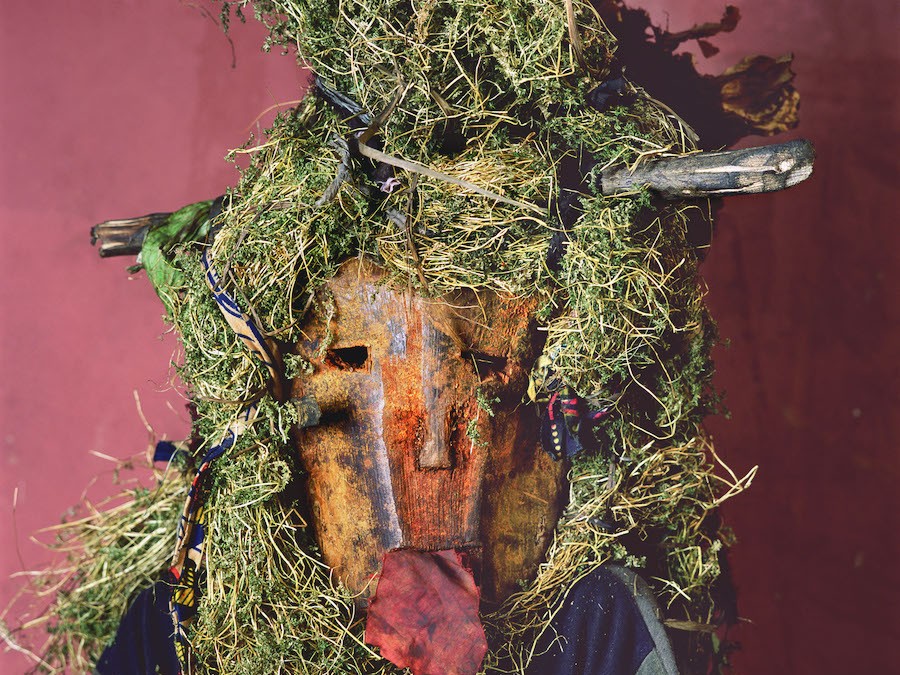Share this!
Eid Milad un Nabi: Celebrations in Africa
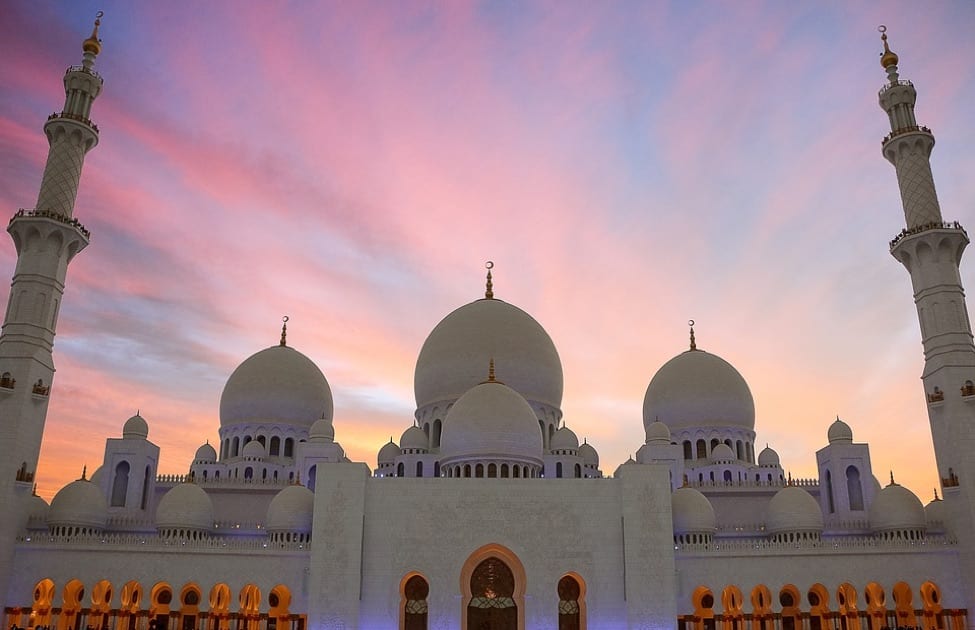
Eid Milad un Nabi is celebrated by Muslims all over the world. This period marks the birth of Prophet Mohammad, who was born in the city of Mecca in Saudi Arabia. The Prophet’s birthday is a popular Muslim holiday in many countries. The Islamic calendar marks out the third month for the commemoration of the prophet’s birthday. The timing is different in different regions, but generally this is celebrated in December.
It is believed that the holiday was first celebrated in the 8th century, when Prophet Mohammed’s family home was made a house of prayer by Al-Khayzuran, who was the mother of the Caliph Harun-al-Rashid. The original celebration had lots of pomp and splendor, with long and colorful processions, exchange of gifts, and animal sacrifices.
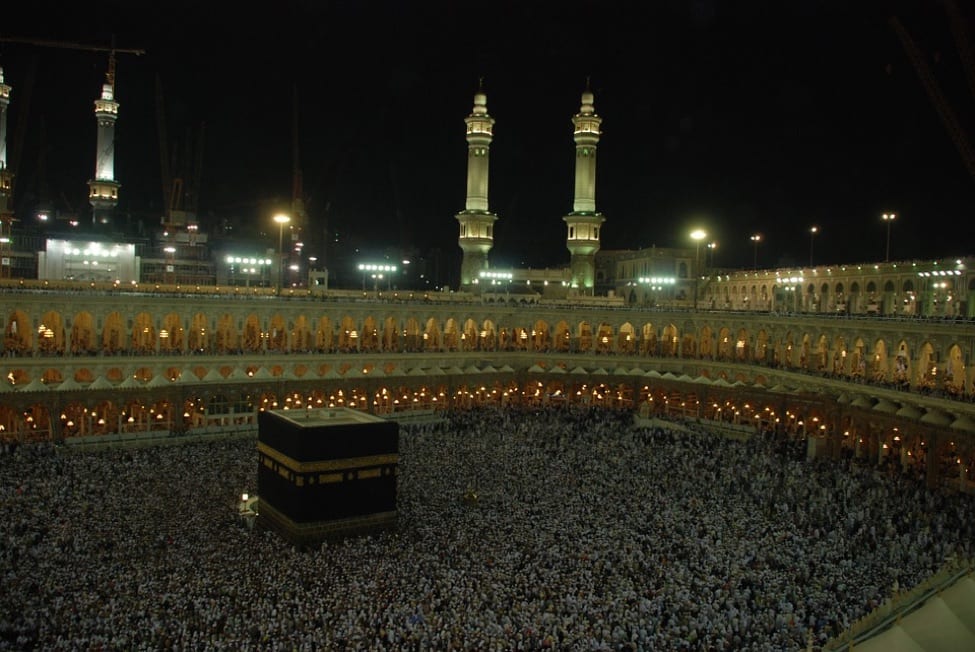
Although the celebration of Eid Milad un Nabi was met with some resistance initially, it was generally accepted by the 15th century. By the 20th Century, it had become so popular that it was made a national holiday in many countries.
How Muslims Celebrate the Birth of the Prophet in Africa
South Africa
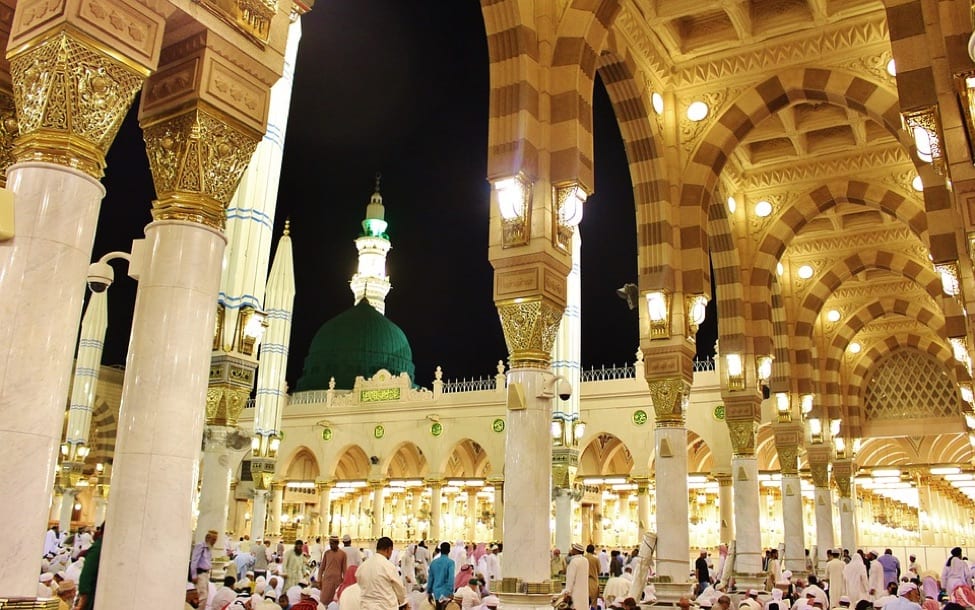
Thousands of Muslims take to the streets in Johannesburg to join the march. The Muslim devotees participating in the procession don white clothes and green turbans. This peaceful procession is usually characterized by everyone in the procession singing praises to God, especially around the predominantly Muslim part of the city.
Hundreds of cars are known to join this procession, which is not just a celebration of the birth of Prophet Muhammed, but also a time to reflect on his teachings. This is really a celebration for the whole family, as children who join the procession are known to sing along with the adults or just wave green flags from the windows of the accompanying vehicles.
The procession culminates in a gathering for prayers at a mosque in Mayfair, and the celebrations end when everyone goes back home.
Egypt
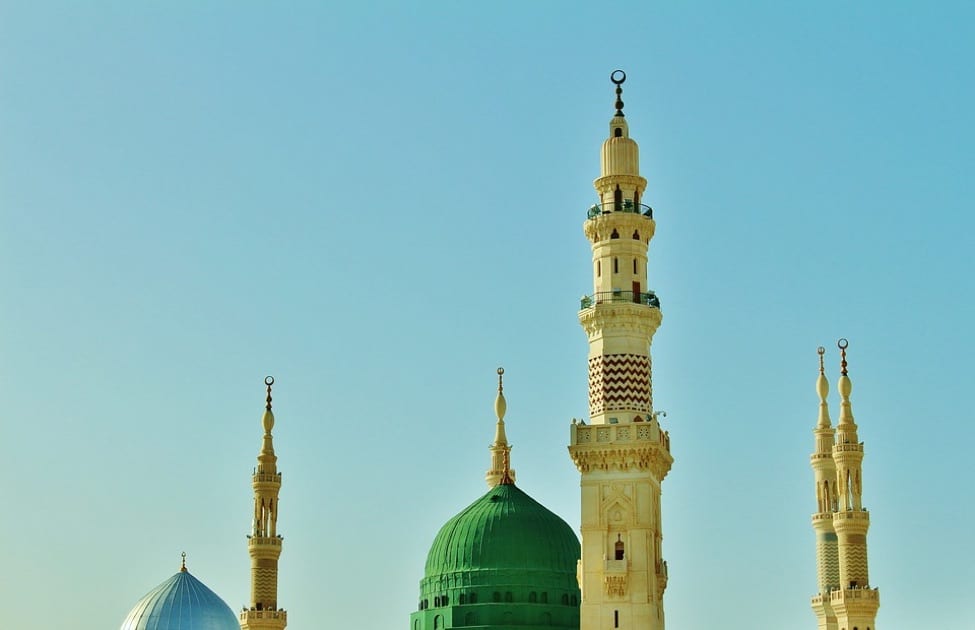
In Egypt, you will find that not all Muslims celebrate the birth of the prophet, but it is still one of the biggest Islamic holidays in the country. Eid Milad un Nabi is big in Egypt! It is believed that the first celebration of the holiday in Egypt happened around 973 AH.
The holiday has a circus-like feel in Egypt, where vendors set up tents outside mosques and offer shooting games and an assortment of sweets made just for the occasion of the prophet’s birthday. These sweets are made with special ingredients and come in the shapes of horses, dolls and many other animals. There are many entertaining displays to include jaw-dropping acrobatic shows, and singers who travel from all over Egypt just to take part in the festivities.
Nigeria
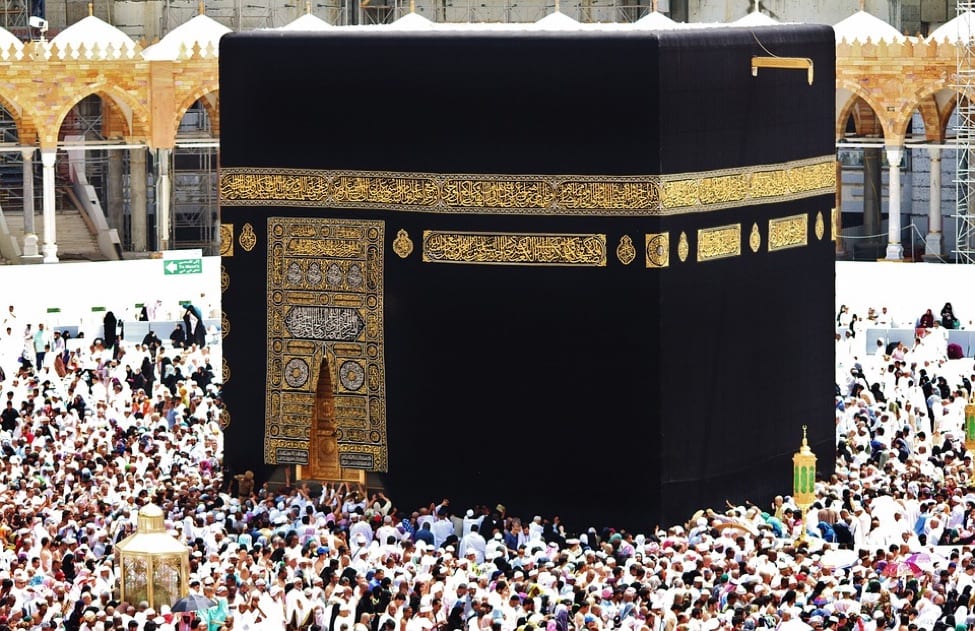
In Nigeria, Prophet Mohammed’s birthday is called Id el Maulud. This is one of the most important public holidays in Nigeria. In most parts of Nigeria, a procession comprising of men, women and children, choose a starting point and march towards a central mosque. The procession is usually so long it is impossible to see the beginning and the end.
After prayers in the mosque, feasting usually follows. Ram is the special meat of the Id el Maulud festivities, and families would gather around open fires to watch the meat cook. Non-Muslim neighbors are never left out of the parties, as they are usually served from the party buffet.
Ghana
In Ghana, Eid Milad un Nabi is a time for both celebration and sober reflection. This is when Muslim faithful in the country come together to pray, especially for peace to reign in the world. An all-night prayer session is not unheard of, and Ghanaians are used to passing the night praying for guidance. The attendees usually include well-placed Muslims in Ghana, as well as other invited dignitaries from all over Africa.
Kenya
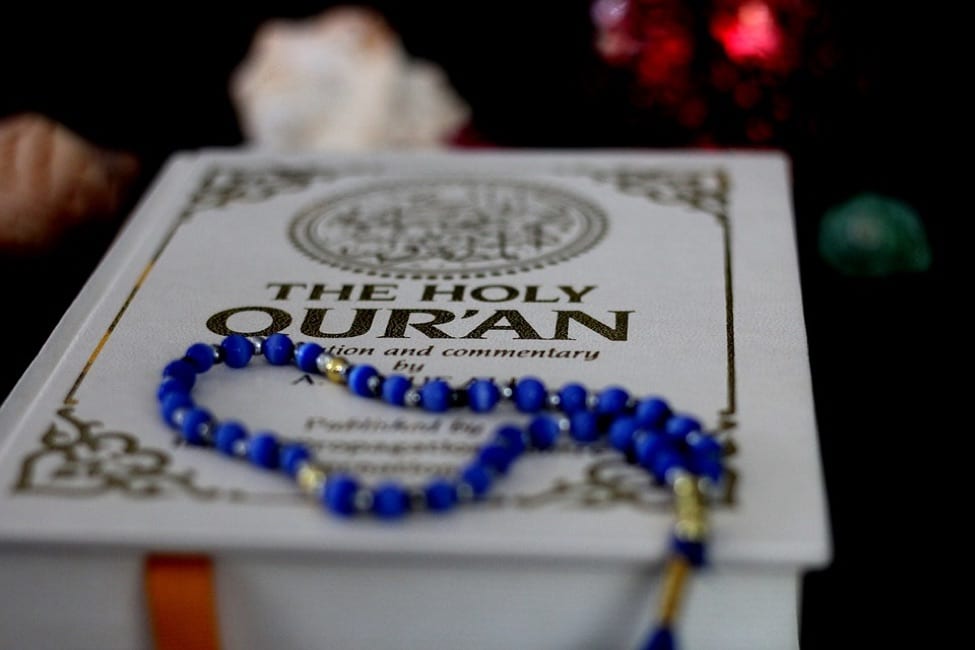
In Kenya, Eid Milad un Nabi brings Muslims together. In fact, there are calls from Muslims all over the country urging the government to make Eid Milad un Nabi a public holiday. This is to allow Muslims take the day off and give the festivities all their attention.
Like in most African countries, those who celebrate the birth of Prophet Mohammed join a vibrant and colorful procession that culminates in a mosque. Kenyan dignitaries usually make up the frontlines of the procession. Children perform special dances they had learned just for the occasion.
After prayers, a well-respected Muslim leader enjoins everyone to respect the Faith and strive to co-exist peacefully with others.
Morocco
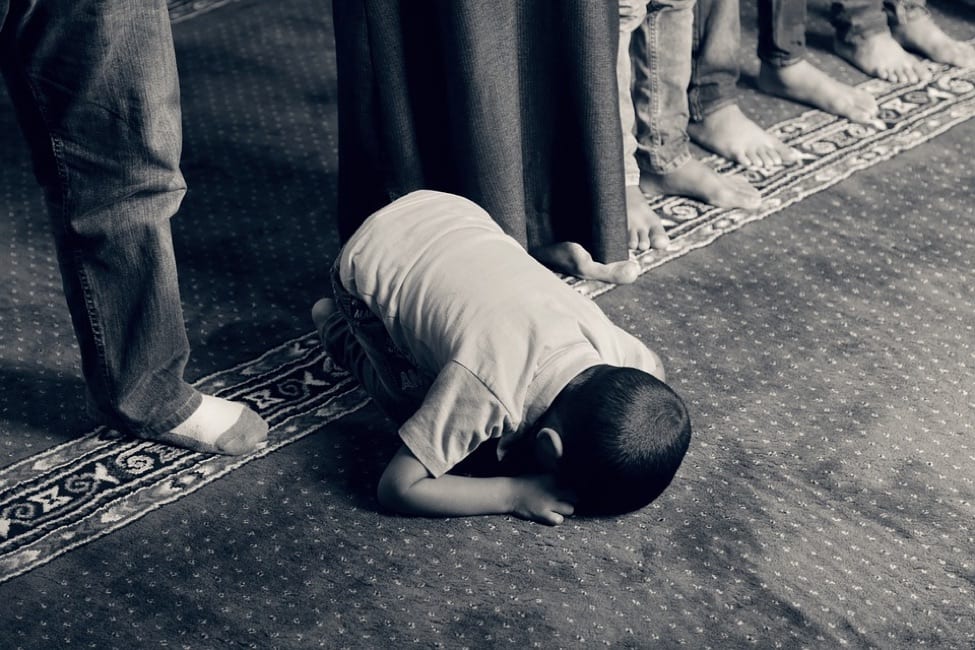
The birth of Prophet Mohammed is celebrated in Morocco with lots of fanfare. It is a time of joy, happiness and sober reflections. Fairs are erected outside mosques to accommodate food stalls and crafts shops. You can buy savory snacks in one stall and bargain for intricately woven baskets in the next.
Back home, families gather around large platters of food and share in the joy while enjoying each other’s company.
Sudan
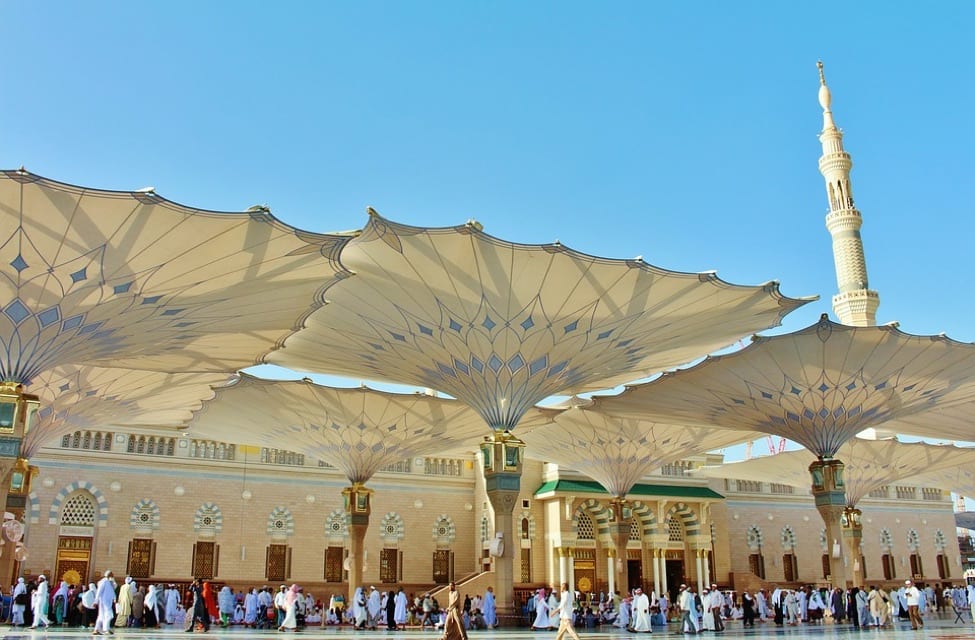
You’ll find that lots of homes, offices and mosques are decorated for the occasion. Super long street processions are also a part of the celebrations in Sudan. It’s a party, so food plays a major role. People distribute food and other items to the people around them. Charity is encouraged. To keep the reason for the celebrations in sight, poetry chronicling the life of Prophet Mohammed also features heavily.
Libya
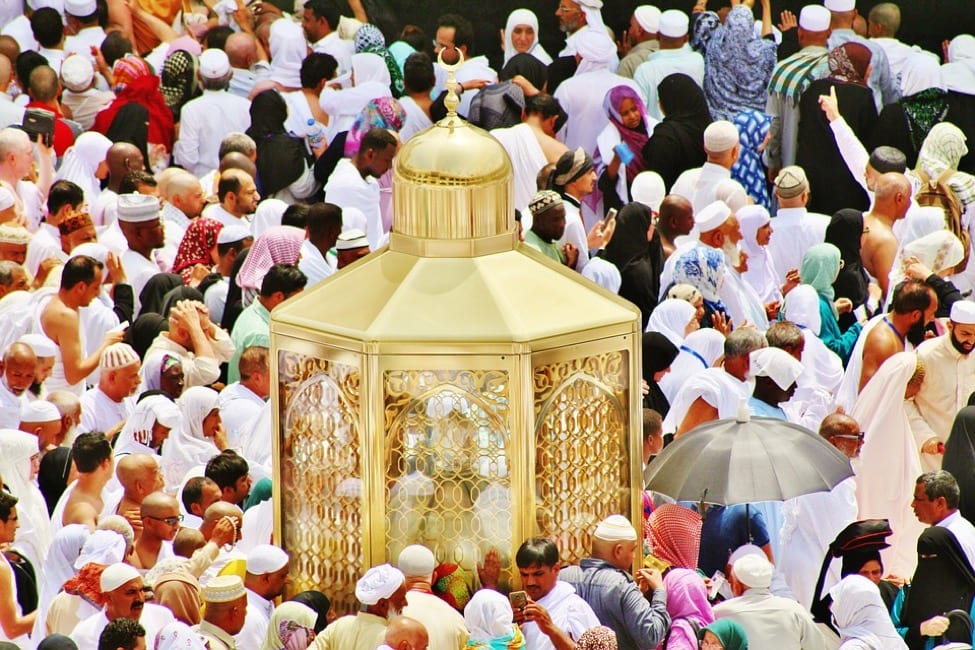
Tripoli comes alive during the celebrations! The electric Eid Milad un Nabi procession is vibrant because of the spiritual chants by those participating in the festivities. The hadrah, a ritual that involves songs, drums, flutes and tambourines, is used to offer praises to God.
Many Muslims don’t celebrate Eid Milad un Nabi, because, according to them, Prophet Mohammed never celebrated his birtthday himself, but for those who do celebrate the occasion, it is a gloriously big event. It is even a national holiday in most African countries!
[amazon_link asins=’081296618X,1741798965,B075V6NWV2,1452141215,B01EB7LUHY,B0759BXPN9,B01N3JZO30,0516273779′ template=’ProductCarousel’ store=’dawebsite2017-20′ marketplace=’US’ link_id=’2414e9d0-d497-11e7-8287-796637c5da5c’]




